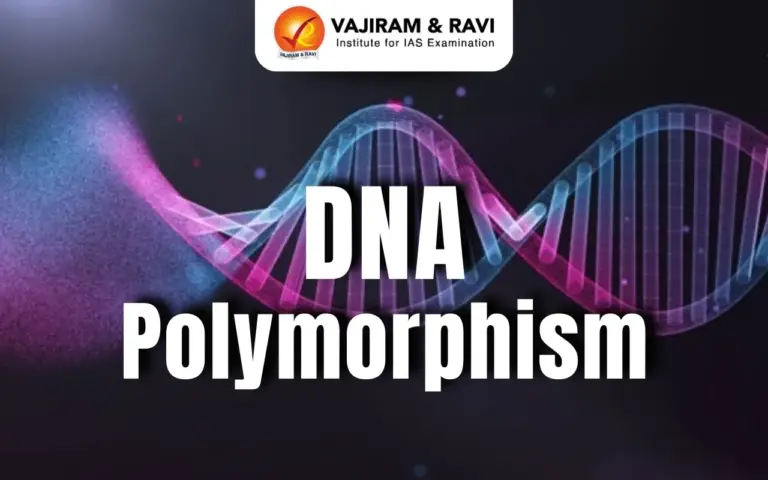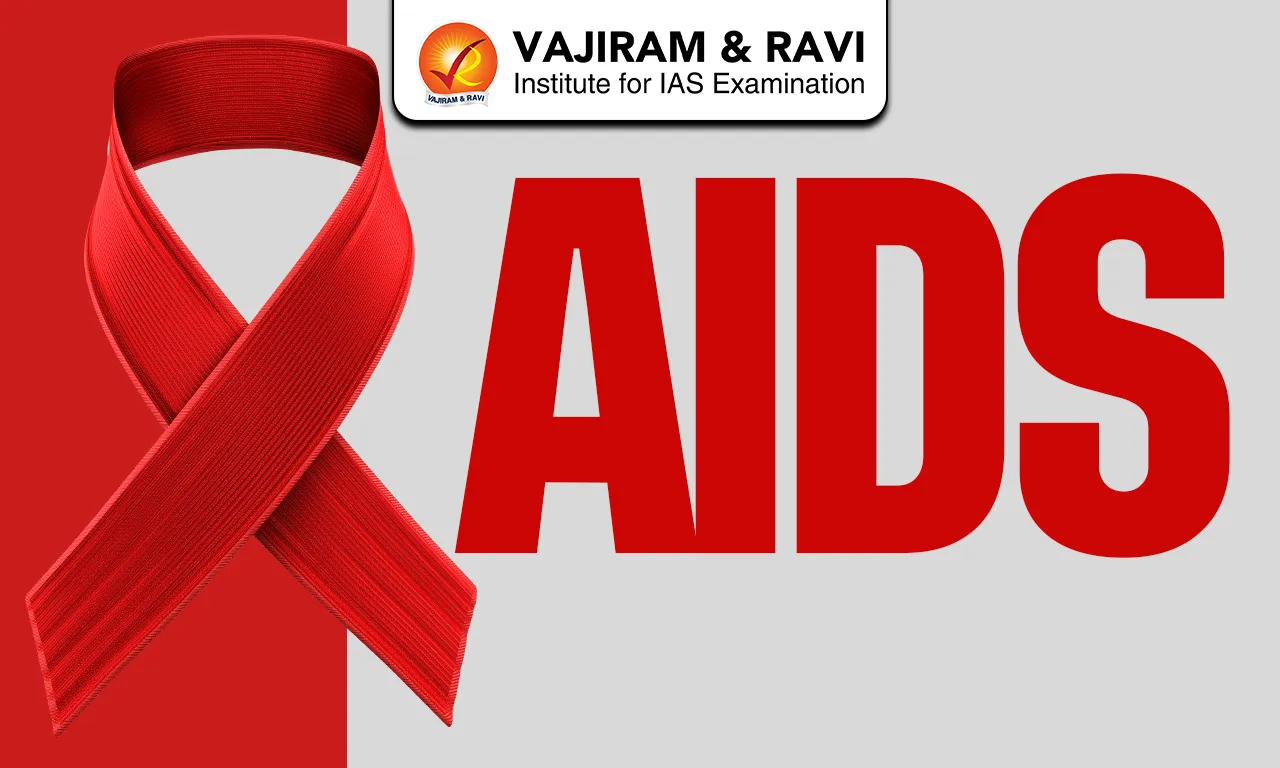DNA Polymorphism Latest News
DNA polymorphisms, through STR analysis and PCR, enable forensic breakthroughs in justice (exonerations, crime-solving) and historical revelations via ancient DNA extraction.
What is DNA?
- DNA (Deoxyribonucleic Acid) is the genetic material present in almost all cells of the human body (skin, blood, bone, teeth, etc.).
- Humans have 46 DNA molecules (chromosomes):
- 23 chromosomes inherited from the father (via sperm).
- 23 chromosomes inherited from the mother (via the egg).
- Chromosomes contain genes, which carry instructions for traits like eye color, height, and susceptibility to diseases.
What are DNA Polymorphisms?
- DNA polymorphisms are variations in DNA sequences among individuals.
- These genetic differences occur at specific locations in DNA and help differentiate one person from another.
- DNA polymorphisms allow scientists to determine:
- Parentage (paternal/maternal lineage).
- Genetic ancestry.
- Identity verification through DNA fingerprinting.
What are Short Tandem Repeats (STRs)?
- STRs are short sequences of DNA bases (A, T, C, G) that repeat multiple times.
- Ex: A repeated sequence like GATCGATCGATC (on the complementary strand, CTAGCTAGCTAG).
- Each person has a unique STR pattern, making STRs highly useful for:
- Forensic investigations.
- Criminal identification.
- Parent-child relationship testing.
- STRs are inherited, so they provide valuable insights into ancestry and genetic inheritance.
How is DNA Copied for Analysis? (PCR Method)
- Polymerase Chain Reaction (PCR) is a technique used to amplify DNA segments, making millions of copies.
- Steps of PCR:
- DNA Extraction: Scientists collect DNA from blood, bones, saliva, or skin cells.
- Denaturation (95°C): DNA strands are heated to separate them.
- Annealing (60°C): Short DNA primers bind to target sequences.
- Extension (72°C): DNA polymerase enzyme adds complementary bases, creating new DNA strands.
- Cycling Process: The steps are repeated, rapidly increasing the DNA copies.
- PCR is essential for DNA fingerprinting, criminal investigations, and medical research.
What is a DNA Fingerprint?
- A DNA fingerprint is a unique genetic profile based on STR variations.
- It is created using Capillary Electrophoresis:
- DNA fragments move through a capillary under an electric field.
- Smaller fragments travel faster, separating different STR patterns.
- The final DNA profile is unique to each person (except identical twins).
- Sources of DNA for fingerprinting: Teeth, bones, blood, saliva, sweat, semen, skin cells.
DNA Polymorphism FAQs
Q1. What is DNA polymorphism?
Ans. DNA polymorphism refers to variations in DNA sequences among individuals in a population. These variations are heritable and can be used for genetic studies.
Q2. Why is DNA polymorphism important?
Ans. DNA polymorphism is crucial for genetic diversity, disease studies, forensic investigations, and evolutionary biology. It helps in DNA fingerprinting, ancestry tracking, and understanding hereditary diseases.
Q3. How is DNA polymorphism used in forensic science?
Ans. DNA polymorphism, especially STRs and VNTRs, is used in forensic DNA fingerprinting to identify individuals, solve crimes, and establish paternity.
Q4. What is the role of DNA polymorphism in evolution?
Ans. It provides genetic variation, which is essential for natural selection and adaptation. Mutations leading to polymorphism can influence traits and species survival.
Source: TH
Last updated on March, 2026
→ UPSC Notification 2026 is now out on the official website at upsconline.nic.in.
→ UPSC IFoS Notification 2026 is now out on the official website at upsconline.nic.in.
→ UPSC Calendar 2026 has been released.
→ UPSC Final Result 2025 is expected to be released soon.
→ Check out the latest UPSC Syllabus 2026 here.
→ Join Vajiram & Ravi’s Interview Guidance Programme for expert help to crack your final UPSC stage.
→ UPSC Mains Result 2025 is now out.
→ UPSC Prelims 2026 will be conducted on 24th May, 2026 & UPSC Mains 2026 will be conducted on 21st August 2026.
→ The UPSC Selection Process is of 3 stages-Prelims, Mains and Interview.
→ Prepare effectively with Vajiram & Ravi’s UPSC Prelims Test Series 2026 featuring full-length mock tests, detailed solutions, and performance analysis.
→ Enroll in Vajiram & Ravi’s UPSC Mains Test Series 2026 for structured answer writing practice, expert evaluation, and exam-oriented feedback.
→ Join Vajiram & Ravi’s Best UPSC Mentorship Program for personalized guidance, strategy planning, and one-to-one support from experienced mentors.
→ Check UPSC Marksheet 2024 Here.
→ UPSC Toppers List 2024 is released now. Shakti Dubey is UPSC AIR 1 2024 Topper.
→ Also check Best UPSC Coaching in India


















